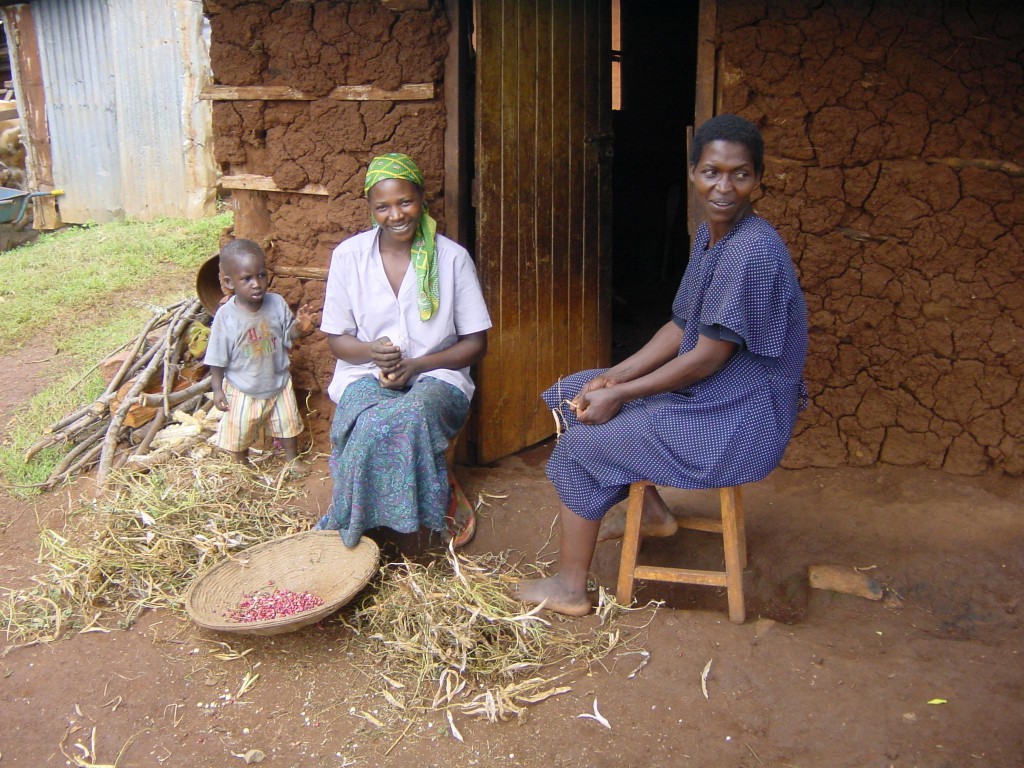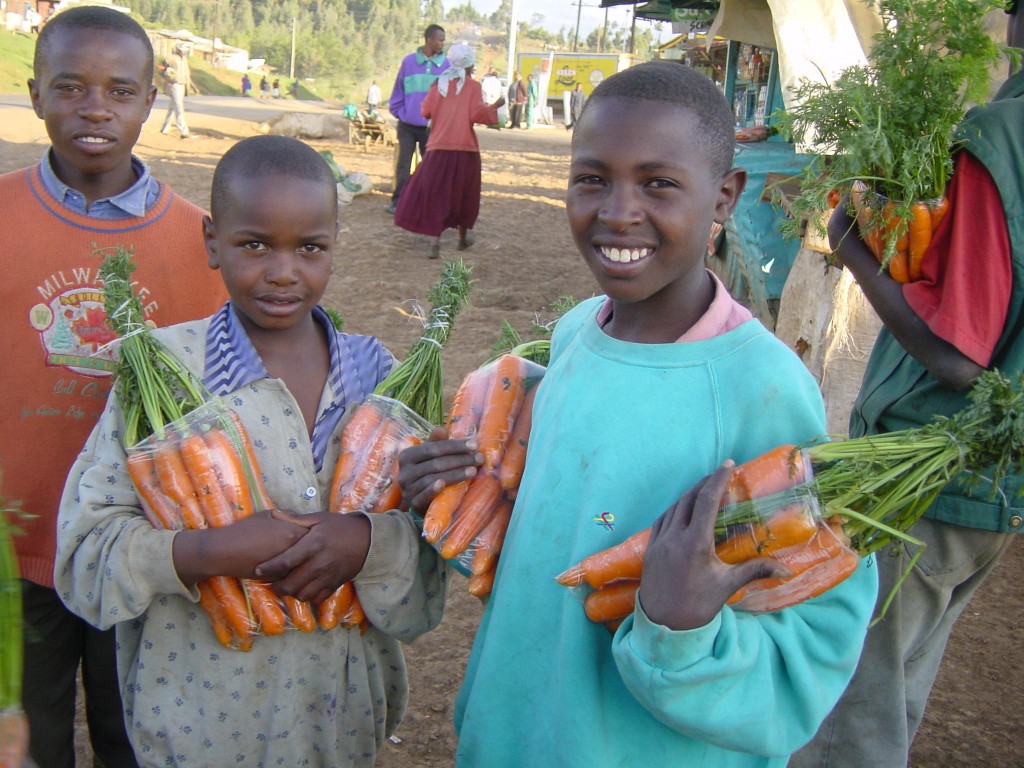University students discuss global food production
Ensuring that no person goes hungry – one of the goals of the United Nations – is more than a distribution challenge. With the aim of shedding light on the complex relationships in the area of food security, international students at the Leibniz Universität in Hanover, Germany seek to engage with international experts and communicate these issues to a broader audience.
With this goal in mind, the 40 participants of the “International Horticulture” Masters programme are organising a workshop entitled “Safe food for all – Food Safety & Food Security” scheduled for February 28th and 29th. By way of expert lectures, field trips and a publicly broadcast talk show, participants will address the challenge of making food available around the world in sufficient quality and quantity. The workshop is the seventh stop in the Millennium Express programme – a workshop series at German universities sponsored by the German Academic Exchange Service (DAAD) and designed to mark 25 years of the DAAD’s “Postgraduate Courses for Professionals with Relevance to Developing Countries” programme.
Hunger despite bigger harvests
The theme of the workshop is one that affects developing countries in particular. Despite the ongoing efforts in the area of development aid, there are still roughly one billion people around the world who do not get enough to eat. Professor Hartmut Stützel, director of the degree programme, points out that while crop yields have increased, the continued population growth has partly offset the progress made. This is particularly the case in sub-Saharan Africa.
Another factor which leads to food supply shortages is the increased nutritional requirements as well as the demands placed on food and food production. Stützel figures that at least three kilos of plant-based nourishment are required to bring one kilogramme of chicken meat to the marketplace. In beef production, this ratio is even higher – up to ten to one. A higher standard of living around the world therefore automatically leads to food scarcity. Stützel suggests that the charitable efforts of the industrial countries are in some cases misguided. Exporting food to the developing countries distorts prices on the regional markets and makes these countries overly dependent. “Ideally, food should be produced where it is needed,” says Stützel.
Worldwide quality standards needed
But especially in places where food is scarce, little attention is paid attention to the quality of the food. Improving food quality in the developing countries is therefore another important challenge. The industrialised countries benefit from this as well. “Today, the value chain reaches across the globe,” says Stützel. So if we want food to be rich in vitamins and free of toxins, it needs to be grown according to certain quality standards everywhere in the world.
Certification systems such as Global GAP (GAP stands for “Good Agricultural Practice”), a worldwide coalition of retail industry companies, is already making sure that certain standards are met along the value chain – from food production to packaging to transport. However the inspection process can create difficulties for the small farmers, especially in developing countries. For example, these farmers often fail to judge the amount of pesticide used. Their products then fail to pass through export control and may then only be eligible for sale on the regional market, if at all.
Sabina Kathri from Nepal says that organic farming is the answer to this problem. Kathri is studying “International Horticulture” in Hanover, with a focus on economics. Before this, she worked in Nepal for a German aid project, which introduced small farms to organic farming methods. She saw how small farmers can save money by not having to buy artificial fertiliser or pesticides. And how, at the same time, these farmers reduce the risk that their products fail to pass quality tests.
As one of the organisers of the workshop, Sabina Kathri’s goal is to spread knowledge and increase awareness about these processes in the developing countries. “The workshop gives us the chance to reach a broader audience with this issue,” she says. For university professor Hartmut Stützel, the event in Hanover also makes good sense: “The Millennium Express helps bring the results of our highly detailed, scientific work to a larger audience in the broader context of politics and society. And this is something that normal coursework does not offer.”







